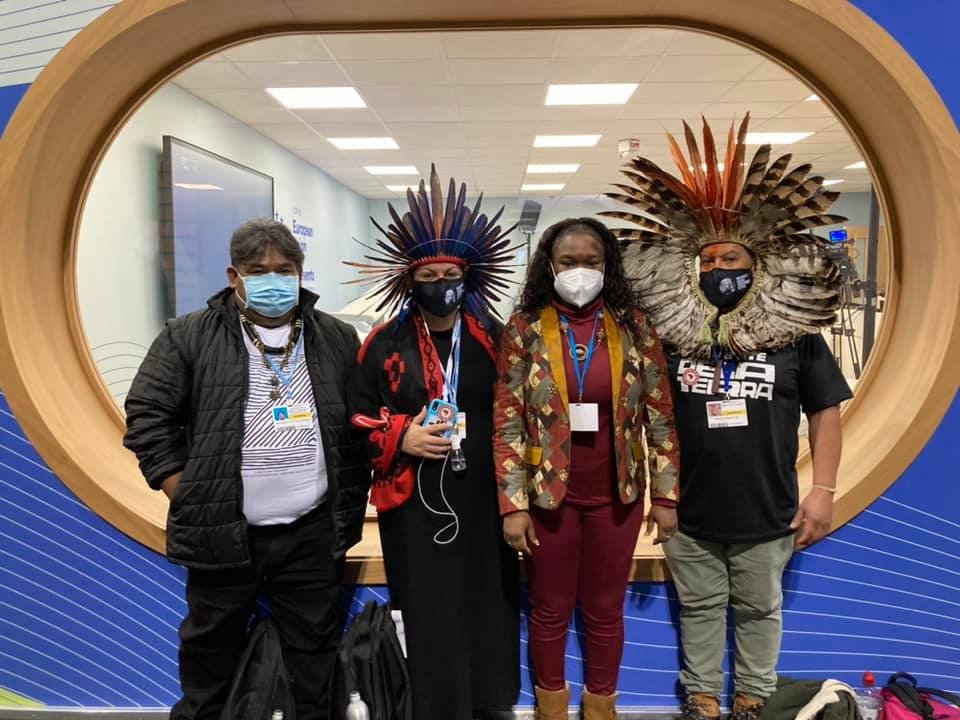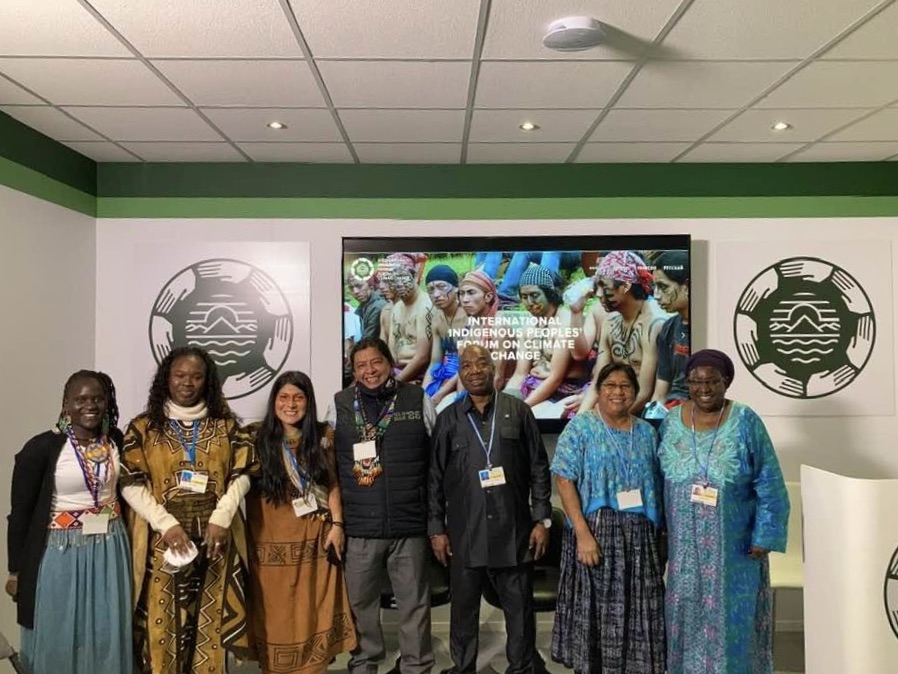After a few weeks reflecting on the United Nations Global Climate meeting better known as COP26, I must say that its outcomes left me with strongly mixed feelings.
From my perspective as a Climate and Oceans Campaigner from Senegal, Africa, the were quite frankly a death sentence for communities across the globe. Instead of safeguarding our future, political leaders and industrial lobbyists used their power to keep dirty business as usual.

Disappointment
Despite numerous pledges and calls for solidarity from rich countries, declaring they would do more for emission reduction, mitigation, adaptation, and loss and damage financing, they failed to:
- Enact the meaningful measures to keep us below the global temperature goal of 1.5C
- Deliver the promised $100 billion of solidarity climate finance to support the most affected countries
- Commit dedicated funding for Loss and Damage for those communities already struggling to cope with the effects of the climate crisis
Worse, they left an open window for carbon market offsets and trading that further commodifies nature and threatens the livelihoods and food security of frontline Indigenous communities.
to the climate crisis that was heavily promoted by big polluters at COP26 as the silver bullet to achieve net zero emissions by 2050. Its enactment comes with little pain for the Global North but at .
How is that fair? How can affected communities have confidence in multilateral spaces like COPs, if they are set up to leave the most affected people and communities and Indigenous People behind; with no real power to influence negotiations in a meaningful way? Instead they are left with a lack of trust and a lack of solidarity.
How long will it take for the same profit driven polluting corporations and political leaders to recognise the consequences of destroying natural ecosystems? How long will it take for all hope for Indigenous communities to preserve their ancestral lands and harmoniously live with nature to be gone?
Global North countries need to recognise their long history of abusive natural resources exploitation sustained by a failing capitalist system. Global South countries must also be responsible for putting their people at the center of the political agenda, refuse to be welcoming land for carbon market offsets and unsustainable abusive business.
It’s time for a paradigm shift in this fight. Regardless of where you live, this climate crisis must be addressed with courage and honesty. Each region must take its own responsibility by acknowledging the real sources of this climate crisis, the stake they have on it, and provide solutions for the planet and future generations.
People Power
The hopeful light at COP26 was the people power that shone stronger than ever.
We saw , , activists who came from Kenya, Togo, Fiji, Papua New Guinea, Indonesia, Brazil, Namibia, Philippines, Senegal, Peru, Marshall Islands, Russia (and many more nations) confront political leaders with their stories and struggles for climate, economic, and racial justice.
I had goosebumps when I was marching to George Square and standing in solidarity with Fridays For Future climate activists from the countries most affected by the climate crisis.

I was inspired when I listened to the International Indigenous Climate Action forum leaders share their ancestral land struggles; how resilient they were in order to protect nature and to keep building on their traditional ecological knowledge. It is this 5% of the global population that are at the forefront of the fight for biodiversity restoration, nature conservation and climate justice but yet are suffering from disproportionately , poverty, marginalization, and other forms of oppression. These Indigenous representatives and grassroot movements brought fire to the cold COP political space.
Wherever we come from, we need to start fighting with a joint agenda that will do good to the environment, and keep justice and humanity at the centre of our struggle to overcome the climate emergency.
COP26’s failures are a signal that we need to RESIST more, STAND together stronger, and FIGHT harder for climate justice to make COP27 in Egypt one that finally puts people and the planet at the center of the global political agenda and humanity’s concerns.
Awa Traore is a Climate and Oceans Campaigner with Greenpeace Africa








